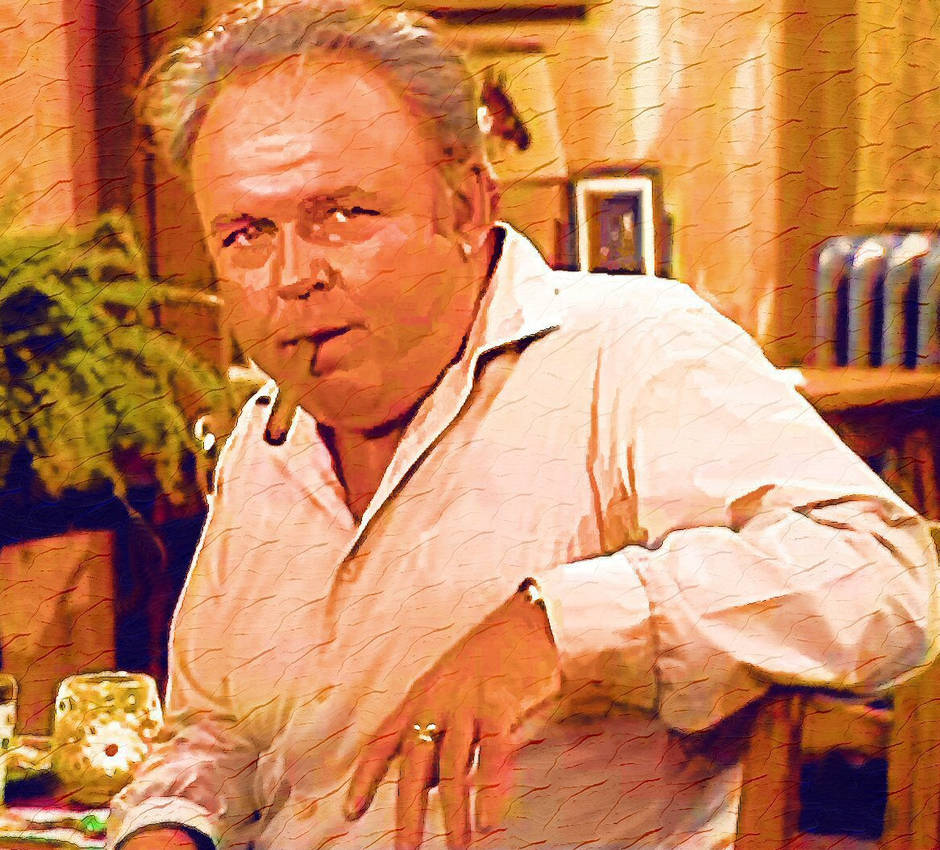
Archie Bunker wasn’t just a character who mirrored society’s tensions during the 1970s—he was one of the driving forces behind the cultural shifts that came in his wake. When All in the Family first aired, the character of Archie was considered radical for his portrayal of a working-class bigot who spoke his mind without fear of the consequences. But over the course of the show’s nine seasons, Archie’s journey was anything but one-dimensional.
The early seasons of All in the Family leaned heavily into Archie’s outdated, conservative views. His character was designed to push boundaries, challenging audiences to confront the biases ingrained in society. But what sets Archie apart from the typical television bigot is the way his character evolved over time. He wasn’t just a static figure of hate—he was a man who was occasionally forced to confront his own ignorance.
Archie’s evolving relationship with his family—especially his son-in-law Mike, who often served as the progressive foil to Archie’s outdated views—was a key element in his growth. As the show progressed, viewers saw Archie begin to soften, albeit begrudgingly. While he never fully shed his prejudices, the show allowed him to learn, adapt, and sometimes even change his mind. This gave Archie a depth that made him far more compelling than many of his contemporaries.
What makes Archie’s evolution so fascinating is that, in some ways, he was a reflection of the American public at the time—clinging to old ways of thinking while slowly being nudged toward new ideas. The fact that Archie could remain relevant and relatable, despite his flaws, shows the lasting power of his character. As time went on, viewers saw that even the most flawed individuals had the capacity for change, which became a message of hope and redemption that resonated with audiences for decades.
